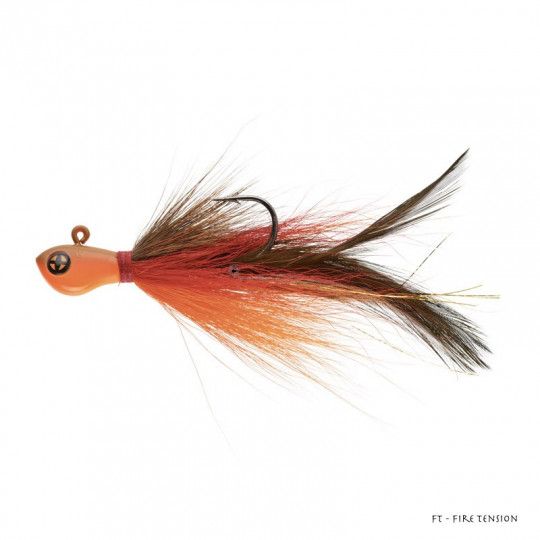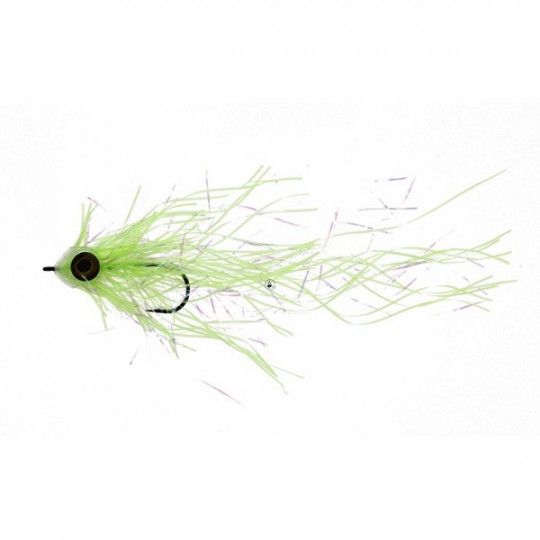
Lure Sakura R Jig Bucktail 21g
Shipping 24 H
Cookies management panel
This site uses cookies and gives you control over what you want to activate. Cookies are used for ads personalisation.Who knows how many techniques there are for catching fish? Fly fishing is one of them. This technique is very well known thanks to the film "Et au milieu coule une rivière" starring the famous Brad Pitt.
However, fishing flies are not just an imitation of an insect on the water. Streamers, nymphs and dry flies make up the family of fishing flies. Each of them has its own specific characteristics to seduce the biggest predators that inhabit our waters.
Filter By
2 products

Shipping 24 H

Shipping 24 H
As we said earlier, fishing flies are not just insect imitations. For predator fishing, there are a multitude of flies on the market. Most often, these imitate small fish. They are made from materials that are often more solid and of different textures to imitate a fish as closely as possible. You can find our article on the best fly-fishing sites in France, so you can get some inspiration for beautiful places to visit.
The most commonly used flies for predator fishing are streamers. They imitate perfectly the fish they are feeding on. Made from natural or synthetic bristles with or without shiny material, they come in a range of weights.
To fish shallow water, some streamers have no weight and sink as they soak up the water. This gives them a very natural shape that will appeal to most predators.
The salmonid family includes salmon, char, grayling, whitefish and trout. These fish feed on small fish as well as insects. These fishing flies imitate insects and are sometimes sinking, in which case they are called nymphs.
Streamers are also a good way of fishing for salmonids. They are smaller than those used for carnivorous fish but are constructed in the same way. All you need to do is adapt the colour and weight of the streamer to the species you are after and the biotope you are fishing in.